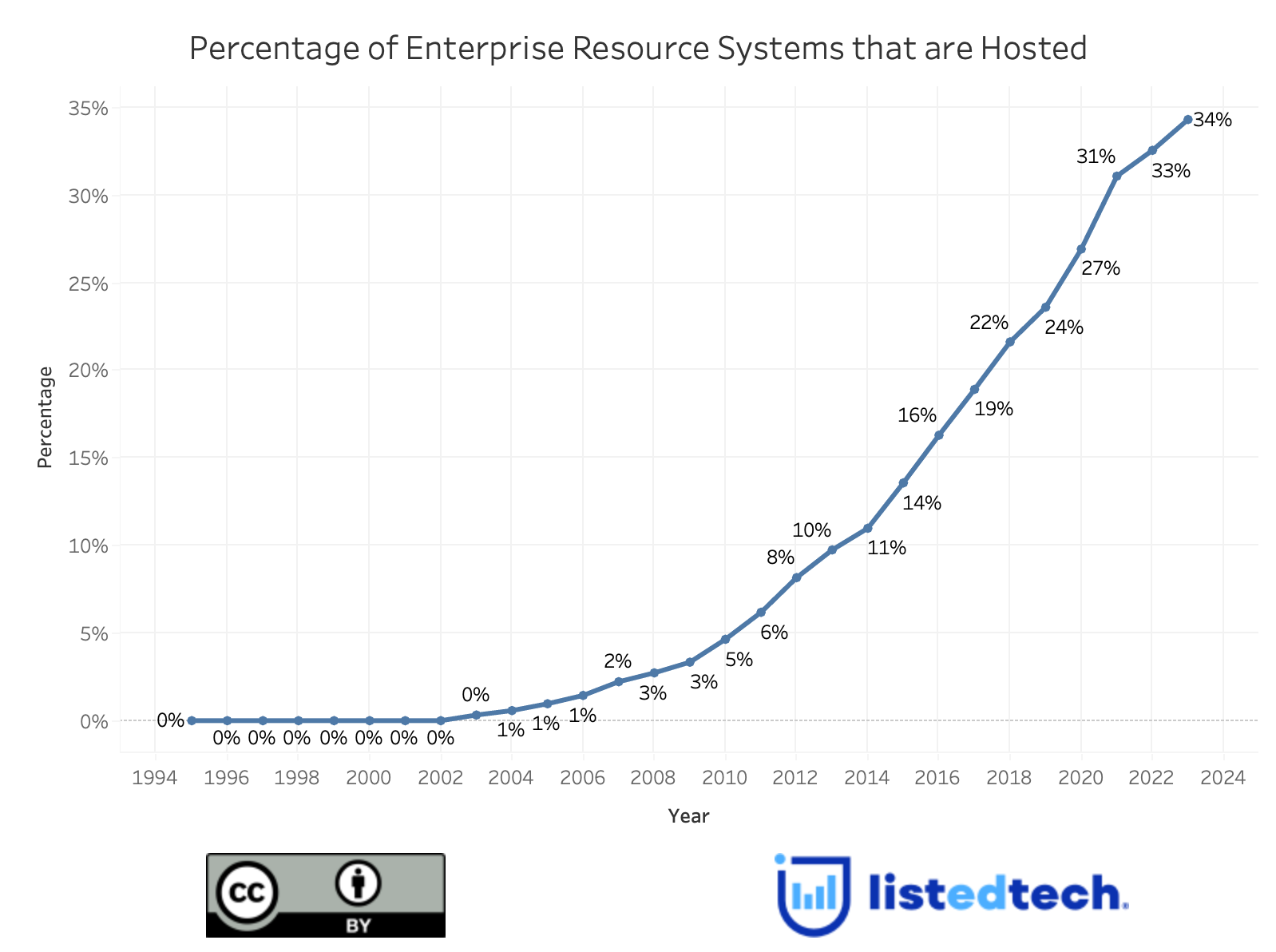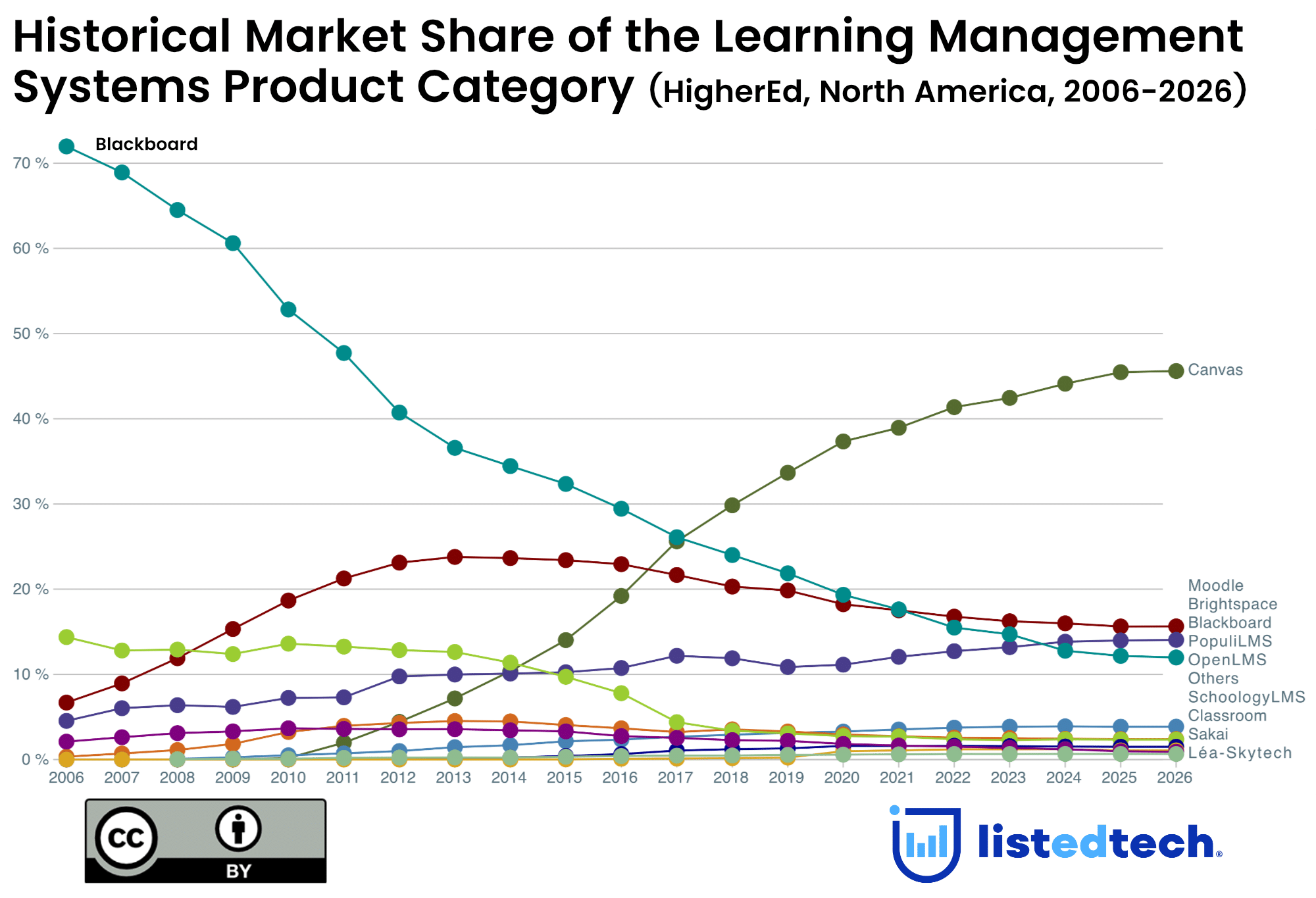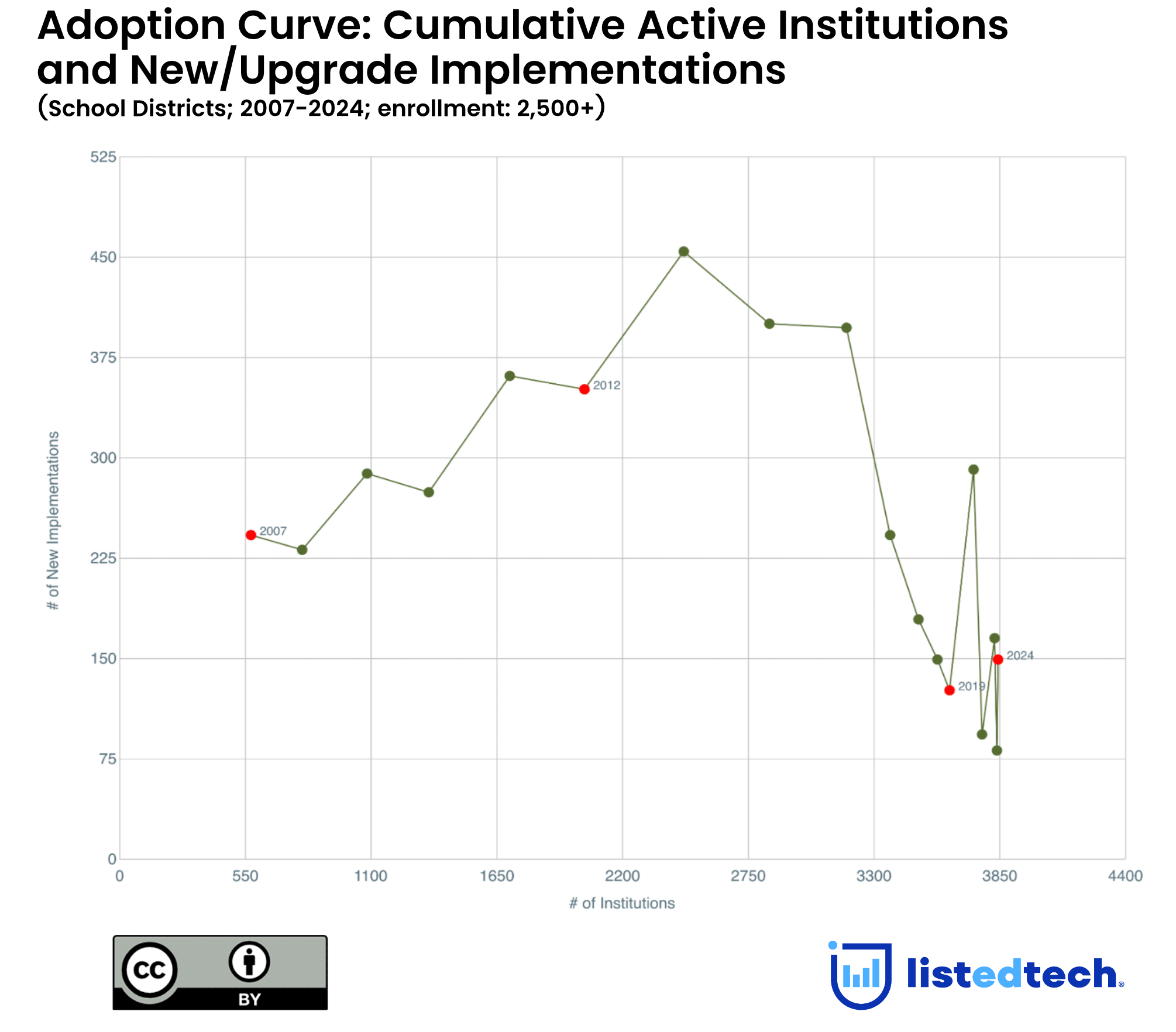
Key Takeaways:
- ERP Systems Are Evolving, Not Declining: The argument challenges the notion that traditional Enterprise Resource Planning (ERP) systems are in decline, emphasizing that they are adapting to cloud-based environments and new SaaS platforms rather than becoming obsolete.
- Cloud Transformation Is Pervasive: The shift to cloud-based solutions is a significant trend across various systems. ERP systems mirror the transformation observed in Student Information Systems.
- AI Integration Is the Next Big Shift: The integration of AI into ERP systems is expected to bring about more profound changes than the move to SaaS, highlighting the need for educational institutions to prepare students for a future where AI proficiency is critical.
In his article “The Decline And Fall Of ERP, And Why Colleges Should Care” posted on August 23, 2024, Ryan Craig argues that the decline of traditional Enterprise Resource Planning (ERP) systems and the rise of specialized SaaS (Software as a Service) platforms have significantly transformed the job market, especially for entry-level positions. Historically, ERPs were one-size-fits-all solutions that were cumbersome and limited in functionality. Professionals often used these systems minimally, focusing instead on external tools like Excel for actual work. However, with the shift to cloud-based, specialized SaaS platforms, workflows are now fully digitized within these platforms, which are more industry- and function-specific.
Going to the Cloud: One of Many Needed Evolutions
I argue that traditional Enterprise Resource Planning (ERP) systems are not in decline but are instead evolving. This evolution is driven by the need to adapt to cloud-based environments and the rise of specialized SaaS (Software as a Service) platforms, which have pushed ERP systems to innovate rather than disappear. However, if we see an actual decline in the number of ERP implementations, they are most likely linked to institution closures.
To support my argument, I looked at the Enterprise Resource Systems product category to how the cloud transformation is evolving. In Figure 1, we see that 34 percent of higher education institutions have a hosted ERP in 2023. This data is for North America.

Craig’s assertion that ERP systems are becoming obsolete overlooks the substantial transformation these systems have undergone. Traditional ERP providers, such as Ellucian’s Banner, Jenzabar, and Anthology, have been slower to adapt to the cloud. While Craig highlights the rise of platforms like Workday and Salesforce, it is crucial to recognize that these platforms have not replaced traditional ERPs; instead, they have set new standards that traditional systems are now meeting.
This shift is reminiscent of the changes seen in the LMS market, where established players like Blackboard and Moodle have successfully transitioned to SaaS models. Similarly, ERP systems are evolving, with offerings that are now cloud-based but retain the robust functionality that institutions rely on.
Moreover, the integration of AI into ERP systems is poised to be a more significant change than the transition to specialized SaaS platforms. AI has the potential to revolutionize how these systems operate, offering predictive analytics, automated processes, and enhanced decision-making capabilities. As AI becomes more embedded in these platforms, the job market will increasingly demand proficiency in AI tools, making it imperative for educational institutions to adapt their curricula to these new realities.
Summary: ERPs Adapt Rather Than Decline
In conclusion, the narrative of ERP’s decline is misleading. What we are witnessing is an adaptation to new technologies and delivery models, driven by the need to stay competitive in a rapidly changing market. As educational institutions prepare students for the future, they must focus not only on the current landscape of SaaS platforms but also on the impending integration of AI, which will redefine the job market and the skills required to succeed in it.


